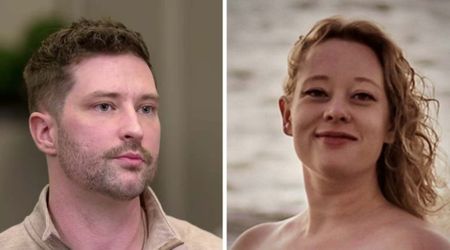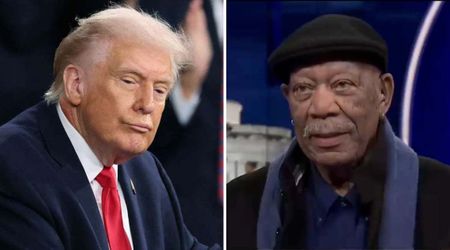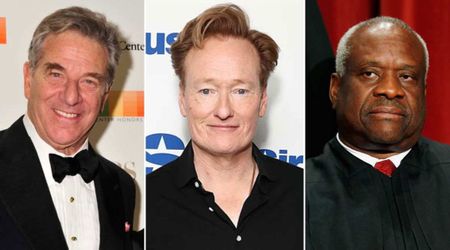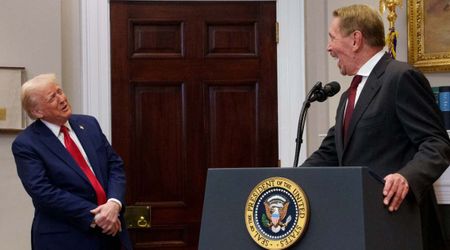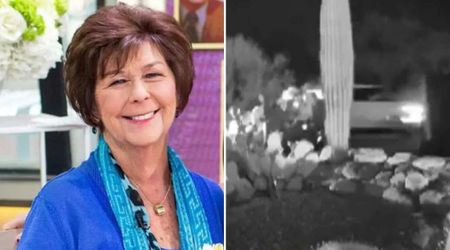Trump threatens $1bn lawsuit against BBC over 'defrauding public' claim
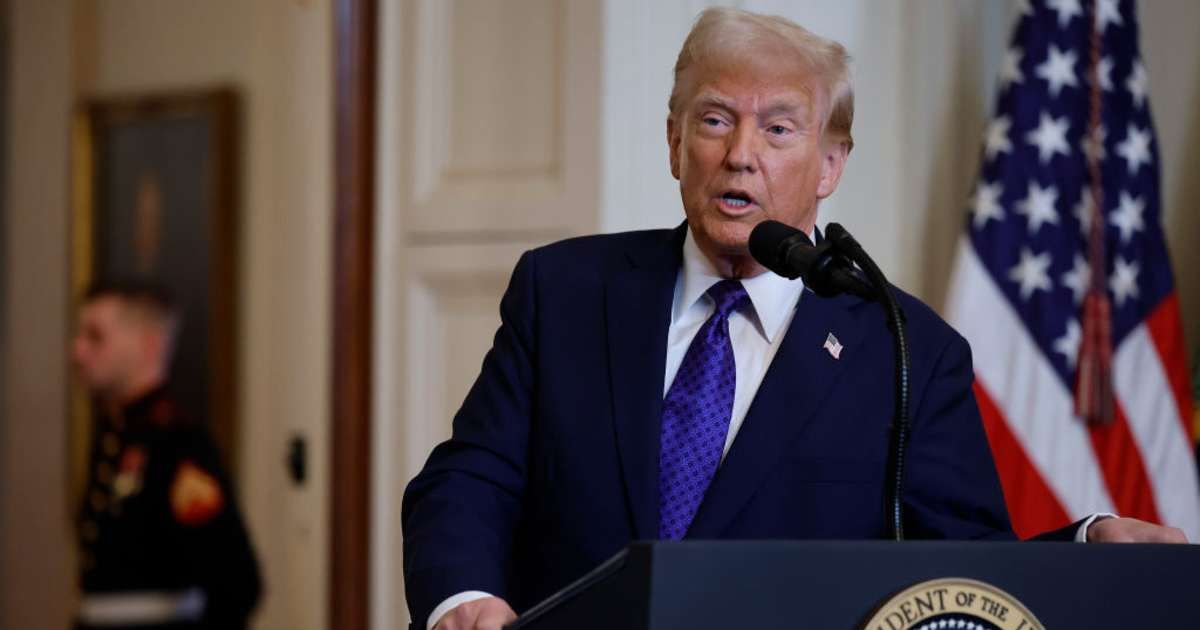
WASHINGTON, DC: US President Donald Trump has said he has an “obligation” to sue the BBC after accusing the British broadcaster of “defrauding the public” by altering the tone of his January 6, 2021 speech.
Speaking to Fox News on Sunday, Trump insisted his address that day was “beautiful” and “calming”, not “radical,” as portrayed by the BBC.
The statement comes just days after Trump’s legal team threatened to file a $1 billion lawsuit against the BBC, demanding an apology and financial compensation. The lawsuit, they claim, is being prepared for filing in Florida, where Trump has legal residency.
Trump on why he wants to sue the BBC: "They actually changed my January 6 speech, which was a beautiful speech, which was a very calming speech. And they made it sound radical." (This is a lie -- Trump stoked up the crowd before the attack on the Capitol) pic.twitter.com/Aip7QgFdoM
— Aaron Rupar (@atrupar) November 12, 2025
Trump claims BBC ‘changed’ his January 6 speech
Trump said during his Fox News interview that the BBC “actually changed” his Capitol speech to mislead the public. “They made it sound radical,” he said. “They actually changed my January 6 speech, which was a beautiful speech, which was a very calming speech, and they made it sound radical. They defrauded the public. I think I have an obligation to [sue them]. You can’t allow people to do that.”
He continued, “It was a beautiful moment for our movement and for the country and they twisted it. They have to be held accountable.”
BUSTED‼️
— MJTruthUltra (@MJTruthUltra) November 3, 2025
The BBC doctored Footage of Trump’s speech on January 6 to make it look like he was inciting an Insurrection
I smell another lawsuit. I hope he sues them for every damn dime they have.
Storyhttps://t.co/GL0cZ1lCG2 pic.twitter.com/yqOJUXr5Ns
The BBC documentary in question was reportedly part of its Panorama series. Although the program was never broadcast in the United States, it was available for streaming on the BBC’s digital platform for international viewers.
BBC’s Tim Davie urges staff to ‘fight for journalism’
In response to the looming lawsuit threat, outgoing BBC Director General Tim Davie urged employees to stand firm in defense of their work. “We have to be very clear and stand up for our journalism,” he told staff. “We are a unique and precious organization, and I see the free press under pressure. I think we've got to fight for our journalism.”
Davie, who recently resigned following internal disputes over impartiality, acknowledged that “some mistakes have cost us,” but maintained that the BBC must defend its journalistic integrity.
'I'm very, very proud of our journalists'
— BBC Breakfast (@BBCBreakfast) November 11, 2025
Outgoing BBC Director General Tim Davie has arrived at New Broadcasting House ahead of speaking to staff, 48 hours after resigning over a series of mistakeshttps://t.co/sRIr9HxP1A pic.twitter.com/JzL2ttpnH1
Can Trump actually sue the BBC in the US?
According to legal experts, Trump’s threat raises complicated questions about jurisdiction. Because the BBC does not have a major operational presence in Florida, Trump’s attorneys would need to show that the broadcaster intentionally targeted US audiences or caused harm within the state.
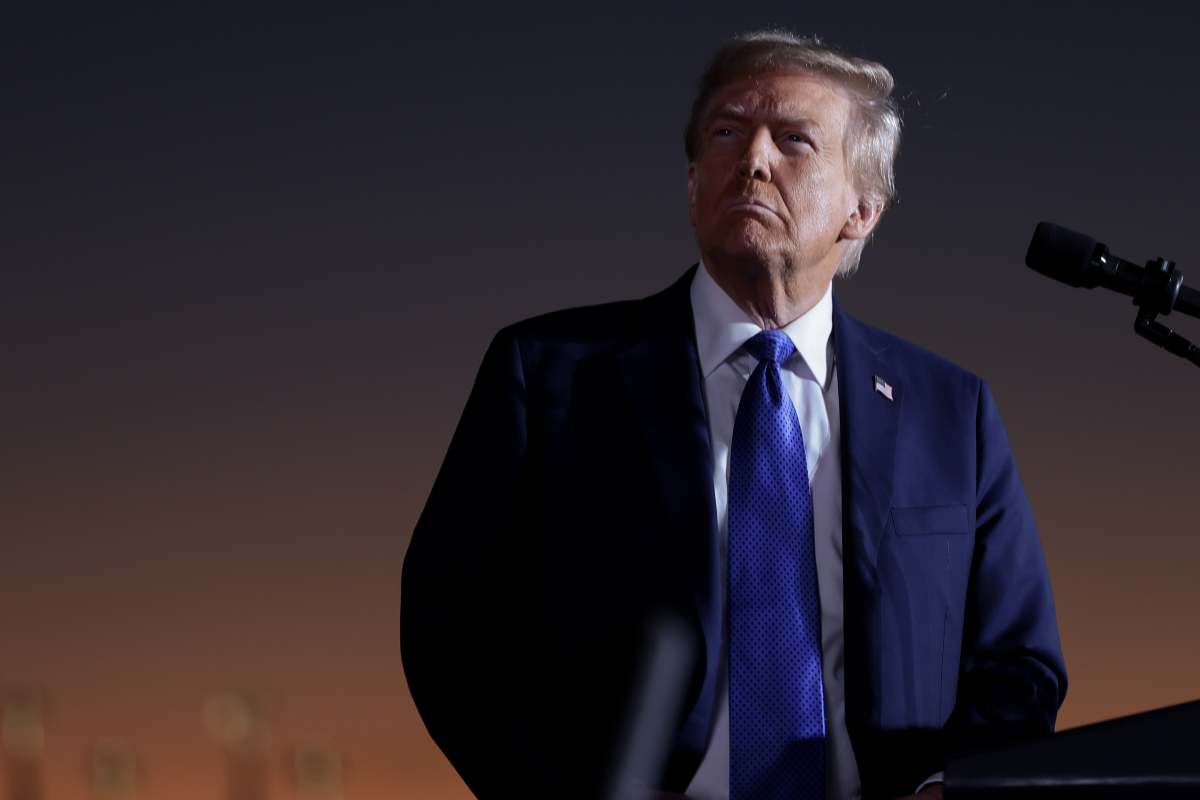
Experts also noted that public figures face high legal hurdles in US defamation cases. Trump’s lawyers would have to prove not just that the BBC made false statements, but that it did so with “actual malice”, meaning the broadcaster knew the claims were false or acted with reckless disregard for the truth.
BBC could invoke free speech protections
Legal analysts say the BBC could lean on the First Amendment, which offers broad protections for journalists to defend itself. In Florida, the network could also use state anti-SLAPP laws, designed to quickly dismiss meritless defamation claims.

“The BBC could argue the documentary was substantially true and that editing decisions did not create a false impression,” one legal expert said. “They could also argue that the program didn’t damage Trump’s reputation, given his already controversial public image.”
Trump, however, insists that the program caused him “overwhelming reputational and financial harm.”




